44 React Interview Questions you should NEVER ask!

This blog post is a reaction to the recently published piece on 44 React Frontend Interview Questions. That piece received a lot of attention and to be fair is an excellent guide for those interviewing and trying to land a new position. Learning the answers to these questions and fully understanding them will help you become a better React developer and prepare you for a technical interview on the topic. If you are looking for a job this is a valuable study guide.
However, if you are on the hiring side, these questions fall short. These trivia-style questions will not provide insight into which candidates will make great employees. Anyone in the business knows that this style of information is easily accessed on google and is sometimes not worth committing to memory. We can easily find a list of lifecycle methods and I would argue that not memorizing that list makes us more adaptable as programmers. We should understand why these methods are important, and when to use them, skills that can transfer from React to almost any web development framework.
Instead of asking: “What are the lifecycle methods of a component?” we should be asking: “Tell me about the last time you leveraged a lifecycle method in your component, what problem did it solve, and why did you leverage that technique?”
Here are my tips for those on the hiring side of the table:
1. Focus on Past Experiences
Start with their past. A candidate's history often reveals patterns, accomplishments, and insights into their skill set. If this is a junior position, schoolwork, open-source, and personal projects should absolutely be considered. For entry-level positions broader questions can also provide more flexibility to those with less experience to discuss.
Example Questions:
- "Can you describe a challenging React project you've worked on? What made it challenging and how did you overcome those challenges?"
- "Describe a time when you had to optimize a React application for performance. What strategies did you employ?"
These questions can lead to a more technical discussion with follow-ups and prompting. Ask about the specific language features used, libraries leveraged, and techniques considered.
2. Understand Their Thought Process
Instead of just looking for the right answer, focus on how they think and approach problems. This is especially true for coding interviews where problem-solving skills are paramount.
Example Questions:
- "Walk me through the process you'd follow to create a new feature in a React app from scratch."
- "Here's a coding problem. Instead of jumping straight into the solution, can you outline your thought process first?"
3. Determine Their Potential to Adapt
The tech landscape is constantly changing. Today's best practices might become outdated tomorrow. Hence, you need candidates who can swiftly adapt.
Example Questions:
- "How do you keep up with the latest developments in React and the JavaScript ecosystem?"
- "Can you describe a time when you had to quickly learn a new technology or tool for a project? How did you go about it?"
4. Avoid Trivia
While it might be tempting to test a candidate's memory on specifics, avoid questions that are too focused on trivial details. These often don't reflect a candidate's ability to code efficiently or think critically.
Instead of:
- "What is the exact lifecycle method order in React Class components?"
Ask:
- "How would you handle side effects in a React application? Can you discuss different lifecycle methods or hooks that could be used?"
5. Craft Real-world Scenarios
Instead of theoretical questions, use real-world scenarios. They give insight into how a developer might perform on the job.
Example Questions:
- "Imagine you're tasked with integrating a third-party API into our React app. What steps would you take from start to finish?"
- "Describe how you'd structure a large-scale React application to ensure maintainability and scalability."
6. Ask for Feedback
Turn the tables and allow the candidate to ask questions or provide feedback on a hypothetical (or real) piece of code or system design. This not only showcases their analytical and critique skills but also their ability to communicate complex ideas effectively.
Reading and understanding code is important for jumping into an existing project. Reading code will become even more valuable with growing AI tools where a programmer must understand, validate, and improve the code that was initially generated. Or at the very least it ensures a programmer understands the code being copied and pasted from stackoverflow.
7. Test for Self Learning
The tech industry evolves rapidly. It's crucial to gauge a candidate's passion for continuous learning.
Example Questions:
- "What's the last technical book you read or course you took? What did you learn?"
- "How do you handle situations where you're unfamiliar with a technology or concept?"
Conclusion
So while these React questions make for a good study guide, I believe those of us on the hiring side can do better. Being able to break out of basic knowledge and truly assess technical proficiency, problem-solving skills, adaptability, and potential for growth. Additionally, while the primary goal is to judge the candidate's abilities, the interview process gives them a glimpse into your company's culture and values. The questions you ask and the way you conduct the interview can influence their desire to be a part of your organization. So, strive for an environment that's challenging yet respectful, giving candidates the best opportunity to showcase their strengths.
